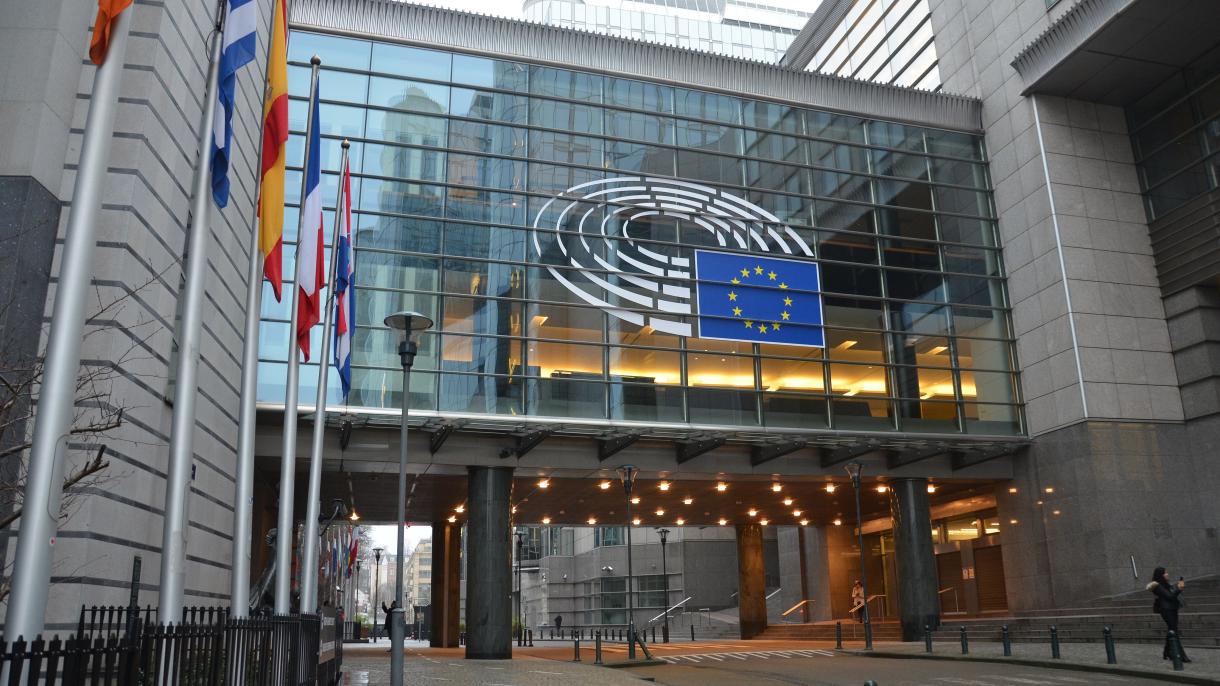
 This image is licensed under Creative Commons License.
This image is licensed under Creative Commons License.
Online discussion series
- Monday, 09. September 2024 4:00 pm – 5:30 pm Save in my calendar
Böll.Global 22 | After the 2024 European elections: The future of the EU institutions and green priorities
After the recent European elections, democratic and pro-European forces in the European Parliament have been weakened. Enhanced cooperation amongst these forces is now crucial in order to ensure reliable majorities for an effective European Union. The re-election of Commission President Ursula von der Leyen in July 2024 has been a positive signal in this regard. With the support of MEPs from the Greens/EFA group, she secured 401 of the 720 votes.
The election results were not surprising, as they reflect national-level trends across the EU. In recent years, far-right parties have been making significant gains in all EU regions. Their increased presence in government positions in recent years has been influencing voting dynamics in the European Council, posing major challenges for the new European Commission regarding its composition and agenda. During the last legislative period, the European Parliament played an essential role as a corrective force. In several countries, the shift to the right in the European elections was particularly pronounced, causing political ripple effects.
While the Greens/EFA were the fourth-largest group in the European Parliament during the last legislative term, they have now moved to sixth place with 53 seats. The Greens recorded losses primarily in their traditional strongholds and in countries where they are currently involved in governments. On a positive note, new Green MEPs from Slovenia, Croatia, and Latvia have entered the European Parliament. Additionally, Green parties in the Netherlands, Italy, and Spain were successful as part of larger left-wing alliances, while in northern Europe they either made gains (Denmark) or limited their losses (Finland, Sweden).
We would like to discuss the following questions after the European Parliament's summer break:
How do the results affect the work of the newly elected European Parliament? What are the opportunities and risks? What are the key priorities for the Greens/EFA?
What challenges can be identified with regard to the composition and agenda of the new European Commission?
What impact did the election have in individual member states, particularly in Germany, France and Poland?
With:
- Terry Reintke, lead candidate of the European Green Party and Bündnis 90/Die Grünen; Co-Chair of the Greens/EFA Group
- Roderick Kefferpütz, Director, EU office, Heinrich-Böll-Stiftung Brussels
- Marc Berthold, Director, Heinrich-Böll-Stiftung Paris
- Joanna Maria Stolarek, Director, Heinrich-Böll-Stiftung Warsaw
Moderation: Eva van de Rakt, Head of European Union and North America Division, Heinrich-Böll-Stiftung, Berlin
Contact
Louisa Reeh
Heinrich-Böll-Stiftung
E reeh@boell.de
» Online participation in ZOOM
The access information will be sent to you by email 24 hours and then 2 hours prior to the event.
You can use either the Zoom Client software or the app. If you are using either the Chrome or Edge browsers you will be able to participate directly via the access link. For more information on how to use Zoom, click here.
Please make sure that you are using the latest version of Zoom so that you have the necessary settings. You will need a microphone and possibly a camera for events with audience participation.
The Heinrich Böll Foundation is not liable for issues arising from the use of Zoom software. Zoom's current privacy policy can be found here.
» Livestream
Alternatively, you can follow the event via the livestream without registering.
Livestream in German
Livestream in English
